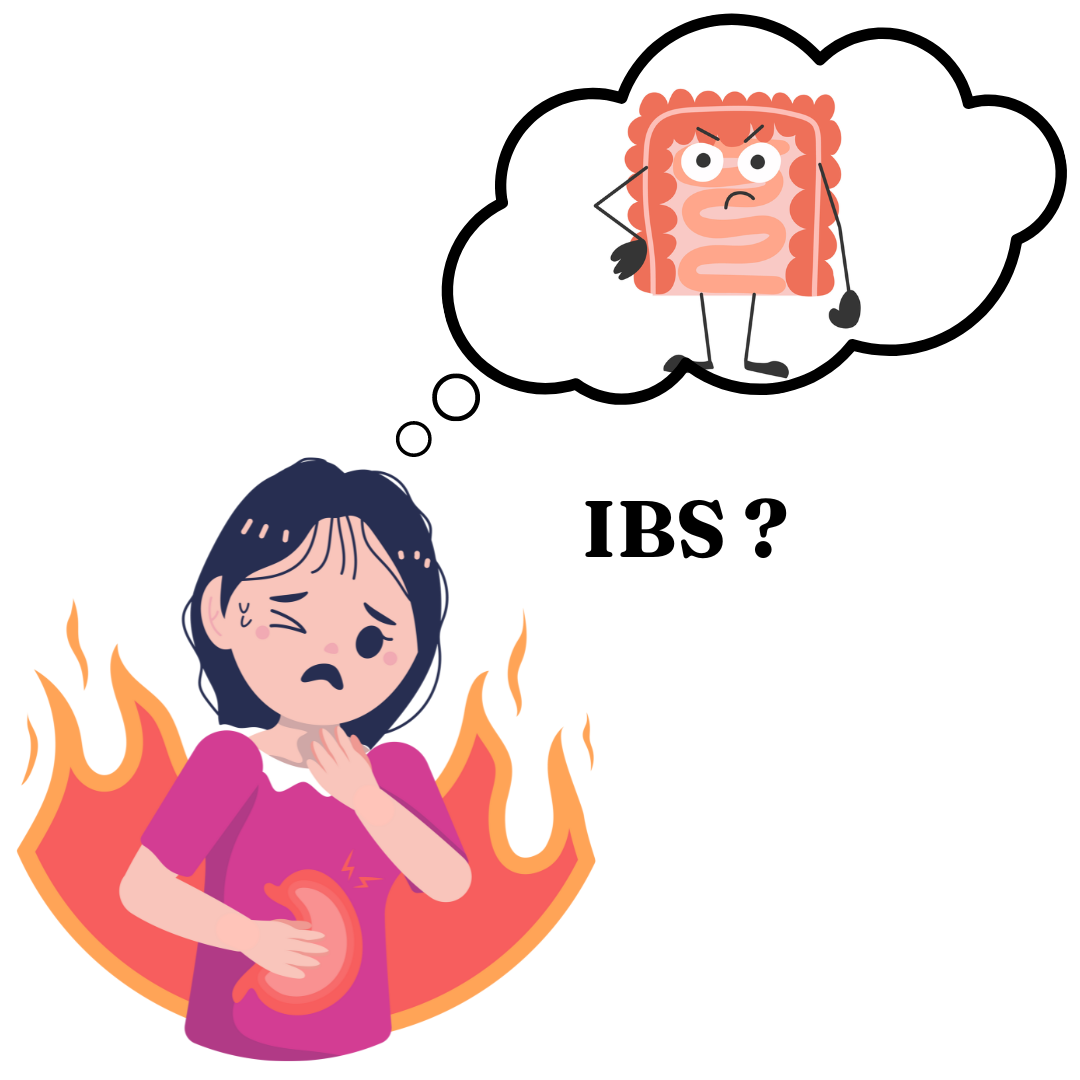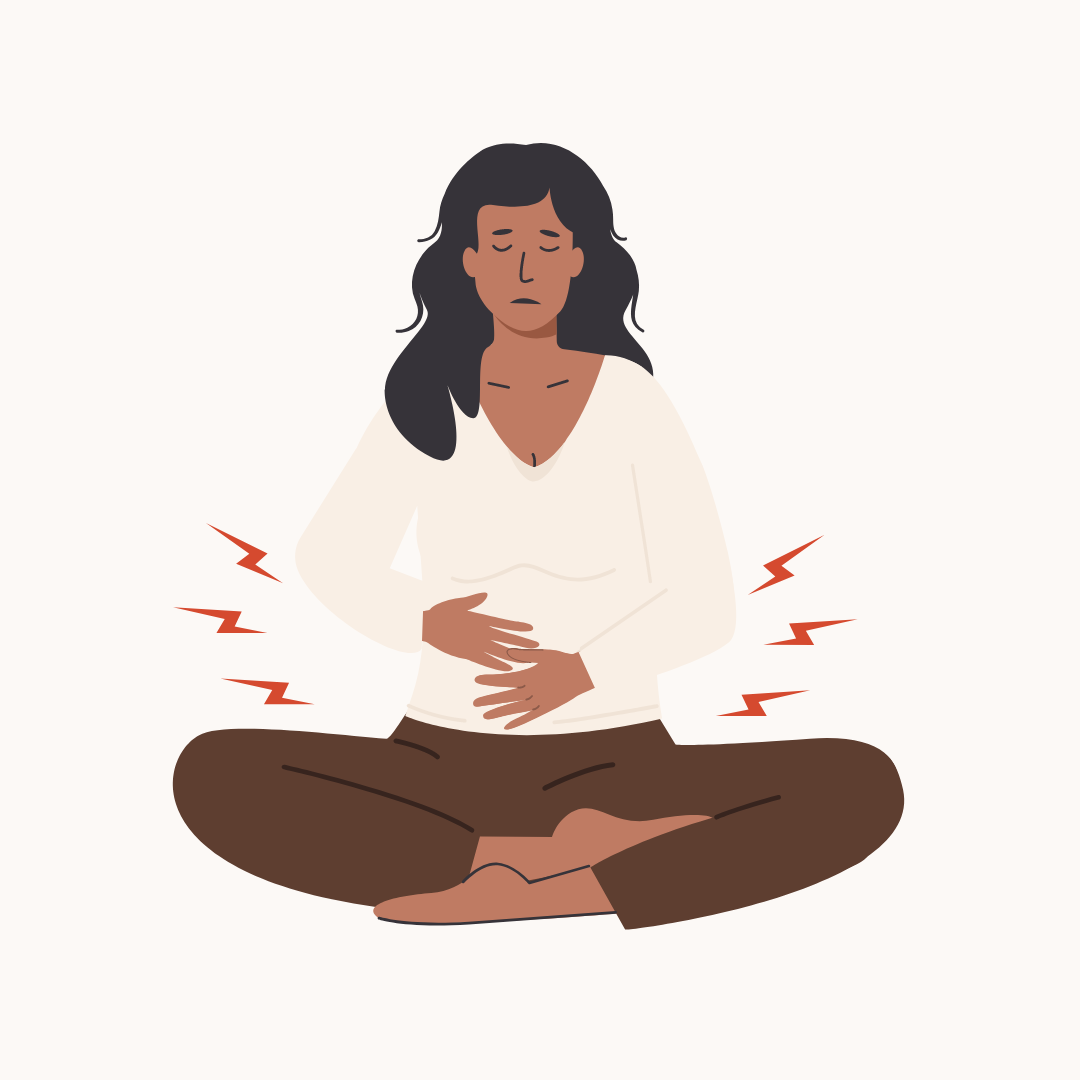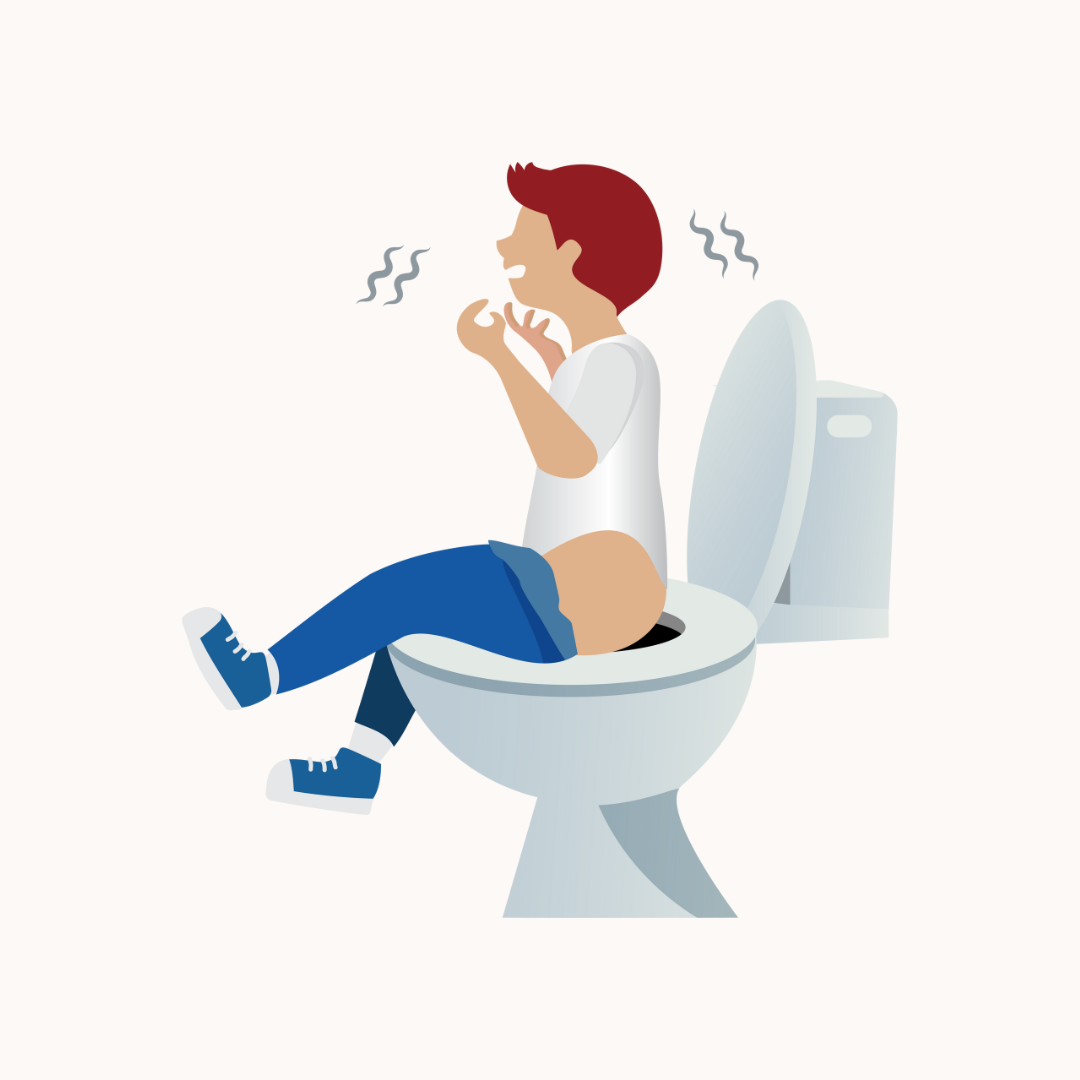Gastrointestinal Issues:
IBS Control & Healthy Gut – FODMAP Diet plan
Diet therapy for Constipation, Diarrhea and GERD- Gastroesophageal Reflux Diseasemanagement.
“Listen to Your Gut!
Nourish from Within! Embrace a mindful approach to nutrition
to support your gut health and manage IBS symptoms effectively. “

Gut health plays a crucial role in our overall well-being, influencing everything from digestion and nutrient absorption to immune function and mental health. When the delicate balance of bacteria in our digestive system is disrupted, it can lead to various gut issues, including irritable bowel syndrome (IBS).
At HealthWatch Nutrition Clinic, we recognize the significant impact that gut health has on overall well-being. Digestive issues, such as Irritable Bowel Syndrome (IBS), can significantly impact daily life, causing discomfort and disrupting normal activities.
What causes IBS:
Genetic Predisposition: Having a family history of diabetes increases the likelihood of developing the disease and poor lifestyle certainly worsens the prognosis.
Obesity and Sedentary Lifestyle: Excess body weight, particularly fat on the abdomen and physical inactivity are major contributors to type 2 diabetes. Adipose tissue ie visceral fat increases inflammation impairing insulin sensitivity and glucose metabolism.
Insulin Resistance: Insulin resistance occurs when the body’s cells become less responsive to the effects of insulin, a hormone responsible for regulating blood sugar levels. This resistance forces the pancreas to produce more insulin to compensate, leading to elevated blood sugar levels over time. This reaction often leads to dark skin pigmentation seen on neck-underarms -acanthosis nigricans.
Poor Diet: A diet high in refined carbohydrates, sugars, unhealthy fats, and processed foods can contribute to insulin resistance and weight gain, increasing the risk of type 2 diabetes.
Gestational Factors: Gestational diabetes can develop during pregnancy due to hormonal changes that affect insulin sensitivity. Women who develop gestational diabetes have an increased risk of developing type 2 diabetes later in life, as do their children.
Physical Inactivity: Lack of regular physical activity can contribute to obesity, insulin resistance, and poor blood sugar control. Regular exercise helps improve insulin sensitivity, promotes weight loss or maintenance, and reduces the risk of developing type 2 diabetes.
Stress: Chronic stress can elevate cortisol levels, leading to increased blood sugar levels and insulin resistance. Stress management techniques such as mindfulness, meditation, and relaxation exercises can help mitigate the impact of stress on diabetes risk.
Sleep Disorders: Poor sleep quality, sleep deprivation, and untreated sleep disorders such as obstructive sleep apnea can disrupt hormonal balance, increase insulin resistance, and raise the risk of developing type 2 diabetes.
- Abnormalities in the Gut-Brain Axis: IBS patients exhibit abnormalities in the communication network between the digestive tract and the brain (Gut-Brain Axis), leading to alterations in gut motility, sensation, and immune function.
- Altered Gut Motility: Few IBS cases report disturbances in the normal rhythmic contractions of the intestines, leading to accelerated or slowed transit of food through the digestive tract.
- Visceral Hypersensitivity: IBS cases show heightened sensitivity to pain and discomfort originating from internal organs, known as visceral hypersensitivity.
- Intestinal Inflammation: Low-grade inflammation in the gastrointestinal tract is seen in some IBS cases, especially those with diarrhea-predominant IBS (IBS-D).
- Dysbiosis: Imbalances in the composition and function of gut microbiota, microorganisms maintaining gut health, have been seen in the development of IBS.
- Dietary Factors: Common dietary triggers are high-fat foods, spicy foods, caffeine, alcohol, and foods high in fermentable carbohydrates (FODMAPs).
- Psychosocial Factors: Psychological factors, such as stress, anxiety, and depression, can influence the onset and severity of IBS symptoms.
Symptoms of IBS:

Abdominal cramping

Abdominal pain

Bloating

Constipation

Diarrhea

Fatigue

Flatulence

Mixed Bowel

Mucus in stools
Our Program Features:
- Management of IBS symptoms with correction of nutritional status.
- Video / In-Clinic consultation with Dr. Zubeda Tumbi.
- Follow-up Consultation with Dr. Tumbi Every 10th – 12th day.
- We have personalized, customized diet & lifestyle plans.
- Team Support: Monday to Saturday; 9:00 AM to 6:00 PM on WhatsApp, Phone & Email.
- Our supportive community outreach programs: a unique feature begun by Dr. Tumbi will help you to connect, share experiences with likeminded people in a group therapy.
- Tips on stress management techniques, reducing screen time and improving sleep hygiene are important tools in this health journey.
At Health Watch Nutrition Clinic: Our Gut Health & IBS Program is specifically designed to address the root causes of gut dysfunction and provide comprehensive support and personalized nutrition guidance. Identifying and eliminating potential trigger foods, such as certain types of carbohydrates or FODMAPs (fermentable oligosaccharides, disaccharides, monosaccharides, and polyols), which are known to aggravate symptoms in many individuals with IBS is important. The personalized approach by Dr. Zubeda Tumbi and her team helps you reach your health goals that impacts your health holistically.

